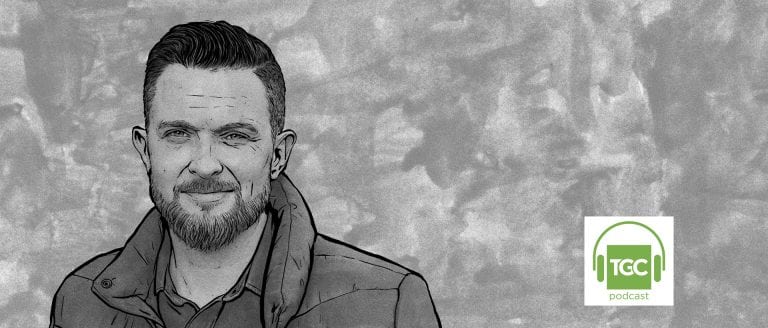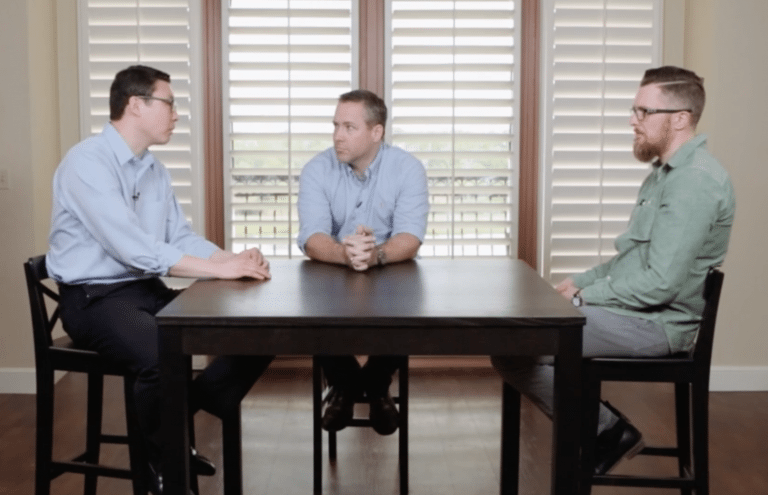One enduring blessing of blogs is the book recommendations. I appreciate seeing what others do and do not like. This helps me to curate my reading list.
At the end of each month, I try to pick about five books that I’ve read and recommend. Here are some of the books I enjoyed in March.
The Underground Railroad, Colson Whitehead. This book is a fictional account of the life of a runaway slave named Cora. As she joins the underground railroad, she eventually finds freedom–but not without significant cost. I chose to read this book because I wanted to spend some time in someone else’s shoes. I tried to line up behind the characters and see what they saw and feel what they felt. The book made me uncomfortable at times–challenging my perceptions. Other times, I was inspired by heroic acts of sacrifice. Overall, I am reminded again of how bad things were and how easily we (I) can forget it. Sobering and enlightening.
We Were the Lucky Ones, Georgia Hunter. The book is inspired by the true story of the author’s family during World War II. It focuses primarily on Polish Jews during the war. It chronicles how the family gets separated from one another and is determined to survive and reunite. Another book that brings you into the story of immense suffering, cruelty, and oppression. It’s painful to read. But against this backdrop, the shining virtues of human sacrifice, resolve, and love stands out.
A Place In Time, Wendell Berry. Sometimes you need a road trip to Port William. This fictional town from the pen of Wendell Berry slows me down and transports me to an unfamiliar but desirable time. In this collection of (20) essays, Berry seems to bring in all the characters and provide more detail on their lives. I thoroughly enjoy Berry’s writing. And I’m surprised when I laugh out loud when reading (something I rarely ever do). If you like Berry’s other books, you will enjoy this also.
He Descended to the Dead: An Evangelical Theology of Holy Saturday, Matthew Emerson. I’ve had this on my list for a while and was happy to read through it in March. Emerson wades into challenging waters to bring clarity to an often debated topic. In particular, the author challenges evangelicals who remove some of the descent language or meanings from the creeds. He makes the case that there has been a robust theology of the descent throughout church history. And, he maintains, there are rich practical implications of this teaching. While I did not land in exactly the same place as Emerson, I did find myself properly challenged. He led me to a more nuanced and biblically faithful explanation of Holy Saturday.
Crux, Mors, Inferi: A Primer and Reader on The Descent of Christ, Samuel Renihan. I read this along with Emerson’s book. In the first half of the book, Renihan provides a study through a biblical understanding of the grave (and all of the associated terms) and exegesis of the topic. The second half examines different historical sources from the sixteenth and seventeenth centuries related to the descent. Again, reading this with Emerson is helpful.
Divine Covenants, A.W. Pink. Pink teaches through the biblical covenants and explains their theological importance in this book. In typical Pink fashion, he is accessible and clear. He lays out what many covenantal Baptists believe while interacting with opposing views. While he does joust with paedobaptists, he reserves his sharpest elbows for dispensationalists. He reminds us again that being a Baptist is not simply about the timing and method of baptism. There are covenantal distinctions that come first.
Previous Recent Reads
February 2022
January 2022
September 2021
Summer 2021
April 2020
March 2020
















